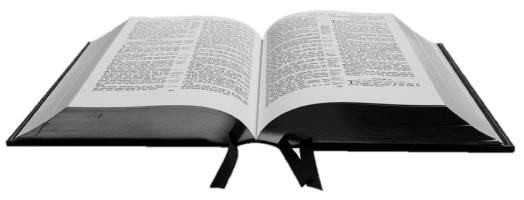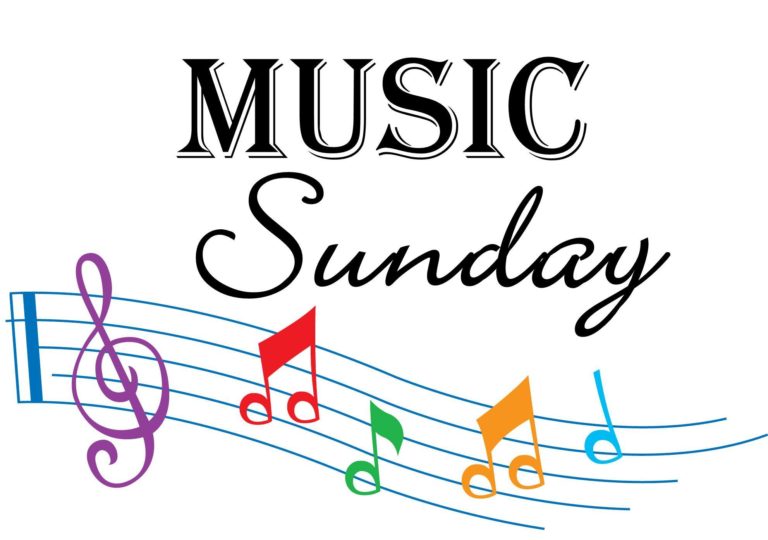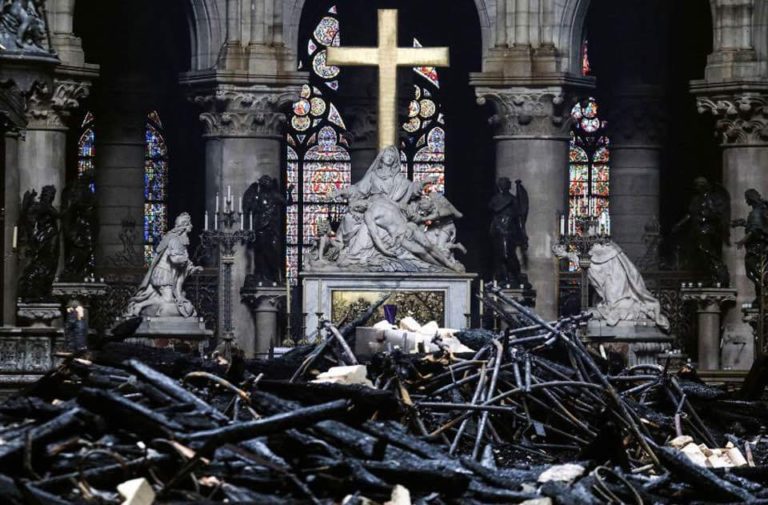Religion of Prayer Book; Tractate III

ON THE RELIGION OF
THE PRAYER BOOK
The Rev’d. Stephan W. Heimann
The Very Rev’d Richard E Backley
One of the marks of Traditional Anglicanism is our retention of the classical Book of Common Prayer, the latest version of a sequence of Prayer Books similar in style and content to those which have come before, beginning with the issuance of the first Book of Common Prayer in 1549.
In defense of the classical Prayer Book Tradition, we often hear and read praises of the beauty of its language amid the comfort of its antiquity. There is a lot to be said for both of those qualities, and I do not make light of either. The fact is, however, that we need to focus on The Religion of the Prayer Book if what we praise and retain as a part of our worshipful tradition is going to have significant meaning in our daily living of the Christian life.
Let’s take a look at what kind of religion is taught by our beautiful Prayer Book, and resolve that we “who profess and call ourselves Christians,” may, by its guidance “hold the faith in unity of spirit, in the bond of peace, and in righteousness of life.”
The Catholic [lit. Universal] Faith
The first and most important lesson we are taught by our Prayer Book is that we are a part of the One, Holy, Catholic, and Apostolic Church, instituted by Jesus Christ through the sending of the Holy Ghost on the Apostles at the first Pentecost, and continuing in an unbroken line to this day. As such, our Prayer Book commits us, and our church, to the uncompromised doctrines and applications regarding FAITH, SACRAMENTS, and MINISTRY, which we learn from the historic Creeds, the prayers, and the Rites as they are given to us for use in the Prayer book.
Humility and Repentance
We are also taught the centrality of humility and repentance. Humility does not mean groveling or a hopeless sense of inferiority. In fact, it means just the opposite. Humility is an honest appraisal of who we are before the eyes God, and an attitude which is shaped by that appraisal.
Our Prayer Book teaches us that we are very special in the eyes of God. Our Catechism and Offices of Instruction teach us that Baptism makes us members of Christ’s Body, children of God, and heirs of the Kingdom of Heaven. According to our Liturgy, the Holy Eucharist assures us of God’s “favor and goodness us, that we are very members incorporate in the Mystical Body of Christ, the blessed company of all faithful people, and heirs through hope of His everlasting kingdom.”
However, our Prayer Book also reminds us that whatever is good about us is only made so by the grace of God and the saving power of Jesus Christ. Furthermore, we are reminded that we have so often “erred and strayed from [His] ways like lost sheep; followed too much the devices and desires of our own hearts; offended against [His] holy laws” and are guilty of both sins of omission and commission.
The Religion of the Prayer Book reminds us to be constantly thankful for God’s blessings and graces. It will also challenge us to “Lead a life worthy of the calling to which we have been called” (Ephesians 4:1). This means consistent self-examination, sorrow for sin, confession, and taking those steps which assure that we “live a new life, following the commandments of God, and walking…in His holy ways.”
Generosity and Compassion
Our Offertory Sentences in the Liturgy of Holy Communion do not often get the kind of attention they richly deserve. One or more of them are read at the proper time, and then we “put what we feel like” in the alms basin, but every faithful Anglican should take the time to read the entire section of Offertory Sentences (pp.72-73). They challenge us in our stewardship of all God’s gracious gifts – time, talent, and treasure. The Offertory itself, especially the ceremonies which attend the Eucharist Offertory, remind us of Christ’s Ascension into Heaven, where He brought and presented to the Father His completed and fulfilled mission of salvation for the world.
Compassion for others is an important part of our Offering and our Generosity of spirit. Our lives and our resources must be dedicated to helping those in both physical and spiritual need. The Church, as the Body of Christ, has an ongoing ministry to those needs, and it is an essential part of our Prayer Book Religion to support that ministry.
Self-Surrender
One of the things we allow the priest to do during the celebration of the Holy Eucharist is to lead us in presenting “ourselves, our soul and bodies, to be a reasonable, holy, and living sacrifice” to God. The purpose of receiving the Holy Communion of Christ’s Body and Blood is to be “made one Body with Him; that He may dwell in us and we in Him.”
To be united with Him in this way is no small undertaking. It involves the kind of total self-negating and self-surrender that so characterized His life here on earth. All of the “self-sins” and self-importances of our lives have to be put away in order that the most important thing to us is loving, serving, and pleasing Him, and being part of His plan to reach others with His saving power.
Answering His Call
After we have offered thanks for the Body and Blood of Christ, and have been reminded of who we are before God, we ask for the grace received in Holy Communion to become effectual in us so that we might be enabled to continue “in holy fellowship with God, and to do all such good works as [He] has prepared for us to walk in.” Some of what is meant by that is part of self-surrender, but there is “a bit” more to it than that.
God has a very special plan, a very special calling for each of us, and a very significant part that only we can play in His mission to the world – that world being in our home, neighborhood, parish, and community.
That role may not be an “earth-shaking” one, and it may not win us praise and honor from either our contemporaries or future generations. Nevertheless, whatever it is, we can be assured of two things:
- It is a very important role; one that God has chosen to entrust to us and no one else; and
- It will most likely involve being someone or doing things which we feel very unworthy and incapable of being or doing. It may very well involve doing some things we do not like.
The importance of our being a part of God’s plan involves instant, Mary-like acceptance of His call to us (“Be it unto me according to Thy will”). Our feelings about it are not important. Our inadequacies will be dealt with and made up for by God’s grace, which we must seek to apply.
As you can see, the Religion of the Prayer Book involves far more than admiration of its beauty or antiquity. It involves disciplined and faithful discipleship in the service and by the power of our Lord Jesus Christ. May we be steadfast and fruitful in the practice of Prayer Book Religion “to our benefit and that of all His Holy Church” and to “His everlasting glory.”




